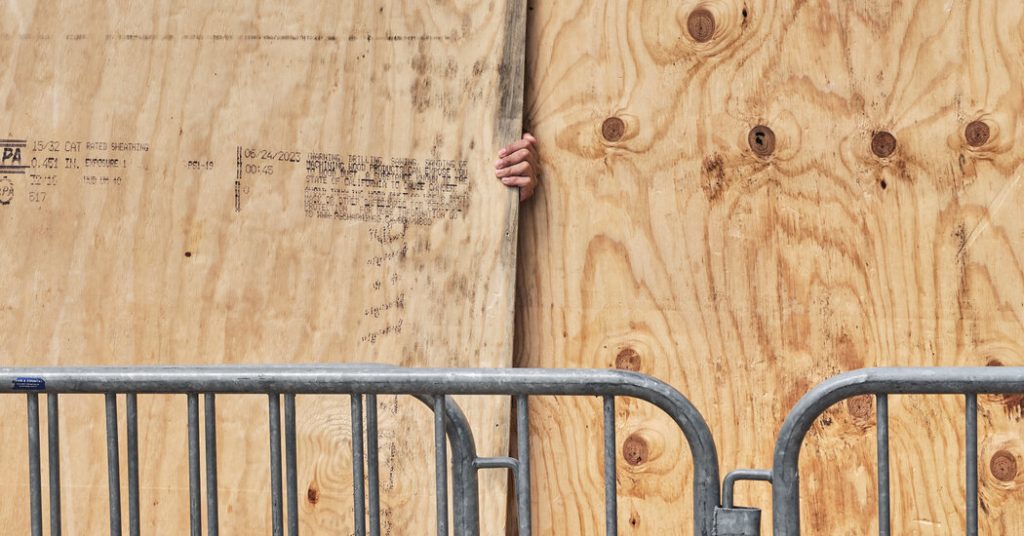Protests on college campuses have a long history in America, driven by the protection of free speech and assembly. However, recent demonstrations centered around U.S. involvement in the Israel-Hamas conflict have raised concerns about the consequences of protesting. Universities are meant to foster a culture of open inquiry where free speech and academic freedom are respected. Public universities, in particular, have a duty to uphold these ideals, while private institutions also have a responsibility to encourage open dialogue.
The principle of academic freedom was established to protect researchers and teachers from interference and influence from external entities. Student codes of conduct are meant to mitigate conflicts between free speech and academic freedom. However, consistent enforcement of these rules is essential, as universities have often fallen short in this regard. The recent protests disrupting campus life have left some students feeling harassed and deprived of access to their university experience. This lack of accountability has led to a crisis on many campuses.
Discussions of antisemitism and Islamophobia have emerged during the protests, raising concerns about hate speech and threats on campus. While defining appropriate speech can be complex, it is clear that no member of a university community should be threatened or intimidated. Efforts to dictate acceptable forms of expression should not infringe on free speech rights but should aim to create a safe and inclusive environment for all individuals on campus.
The absence of principled leadership has allowed for a climate of cynicism and hypocrisy on college campuses. Right-wing politicians have seized on accusations of antisemitism to push for government restrictions on free speech at universities. The lack of clarity around acceptable speech and the failure to hold individuals accountable for breaking norms have undermined the pursuit of higher learning. University leaders must prioritize the importance of listening and engaging with diverse perspectives to create a culture of openness and free expression.
Establishing clear guidelines on conduct and enforcing them consistently is crucial to restoring order on college campuses and strengthening the cultural foundation of higher education. Schools should teach students the importance of listening and engaging with opposing views, rather than seeking to silence voices they disagree with. By upholding the principles of free speech and academic freedom, educational institutions can ensure a more inclusive and respectful environment for generations to come.


